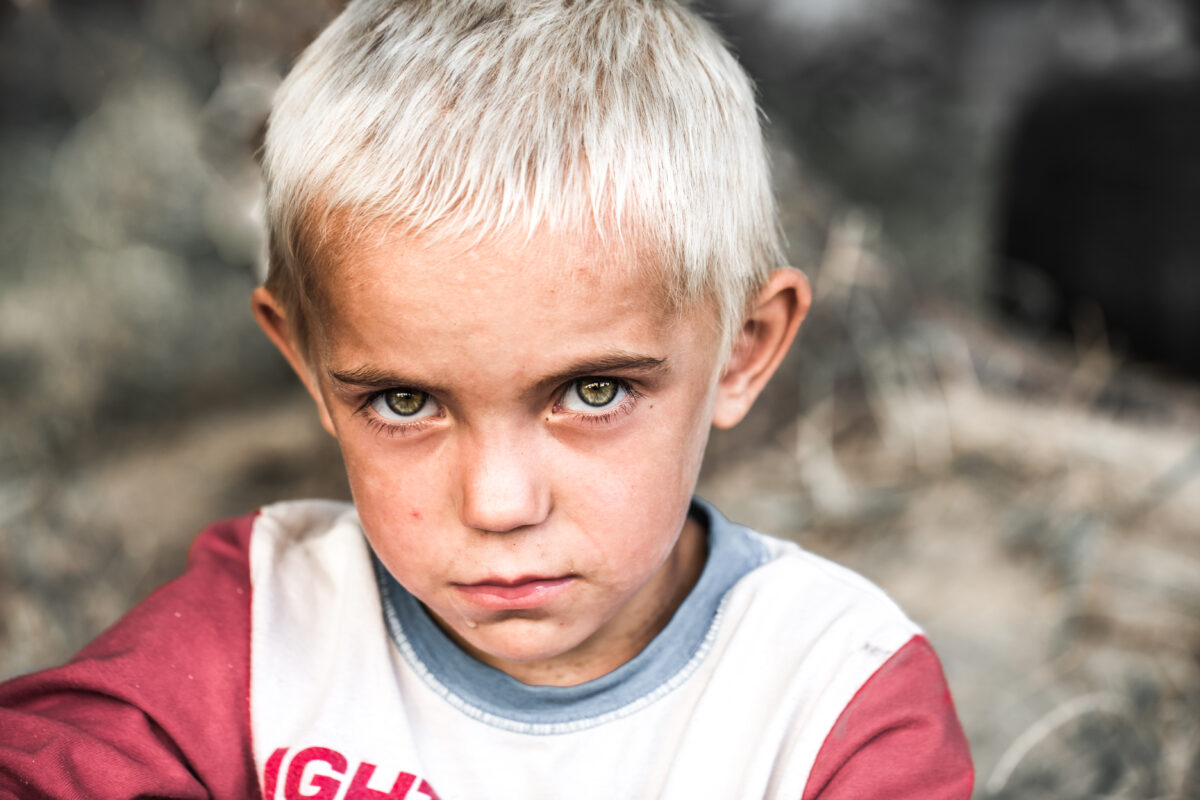Human trafficking, as a serious violation of human rights and freedoms, is still present in Bosnia and Herzegovina. Forced child begging, is one of the most common forms of human trafficking in the country and the tendency to exploit children has not stagnated. The actual situation on the ground, when it comes to children who are victims of forced begging, is much worse than the statistics show. The most frequent locations where human trafficking exploitation takes place are the largest city centers, such as Tuzla, Sarajevo, Zenica, and Mostar.
Children at high risk of being trafficked with the aim of labor exploitation or forced begging often involving Roma children routinely go unidentified. When it comes to the investigation and prosecution of child trafficking, police inspectors and prosecutors tend to categorize cases of child trafficking as other types of a criminal offences. The biggest criticism is directed at the criminal justice system. Especially in the context of the small number of indictments and verdicts for these crimes, light sentences, and weak protection of victims of human trafficking.
However, a positive example is Tuzla Canton, which leads the way in identifying and processing such cases. The Tuzla Canton has a Protocol for dealing with cases of begging, labor exploitation, and other forms of child abuse, which was defined and signed by government institutions and non-governmental organizations.
The Cantonal Court of Tuzla responded to trafficking in children effectively and passed a first-instance verdict of conviction for six defendants for organized human trafficking related to the exploitation of children for the purpose of forced begging and sentenced them to prison terms for a total of 74 years.
The indictment stated that in the period from 2017 to February 2021, members of the organized crime group forced several children between the ages of 4 and 14 to into begging, using theirth mental deficiency, helplessness and inability to resist. The children would be woken up in the early morning, regardless of the weather, transported to various locations in over 25 places in Tuzla Canton or other parts of Bosnia and Herzegovina, supervising them during the begging, and children had to hand over amounts of money to members or group organizers ranging from 40 BAM (some €20) to 150 BAM (some €70) daily. In doing so, the children were exposed to all weather conditions, inadequately dressed and clothed, hungry and constantly under the threat of the use of physical force, or they were beaten and insulted.
There is progress in processing human trafficking cases, but not enough. This is facilitated by a poor identification system, as well as insufficiently developed awareness of this problem. Although human trafficking in Bosnia and Herzegovina has been an ongoing issue, the current efforts will hopefully ensure a reduction in victims going forward.
The case was found in the media at the following links:
https://www.072info.com/kako-zaustaviti-prisilno-prosjacenje-djece/
Also read:
The first judgment for discrimination based on sexual orientation in Bosnia and Herzegovina


